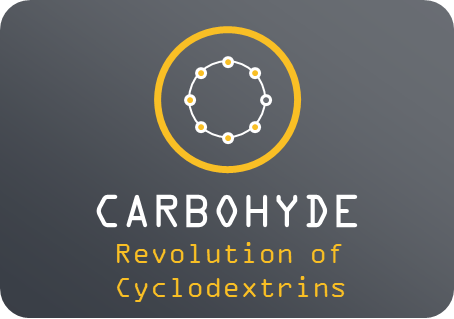As cancer remains one of the most challenging diseases to treat, scientists have developed various medications and therapeutic approaches to combat it. To protect drugs from degradation or inactivation, efficient delivery systems are required during administration. In this context, cyclodextrin-based polymeric nanosystems have emerged as an effective treatment approach against cancer.
Cyclodextrins are natural oligosaccharides that can trap water-insoluble molecules inside their hydrophobic core, making them valuable in pharmaceutical research. When combined with polymeric nanoparticles, CD-based delivery systems provide versatile and tunable profiles, thanks to the submicron-sized PNPs. Recent studies have shown that CD-based delivery systems can successfully be applied in combination therapy and theranostics, providing multifunctional advantages against cancer.
The article by Lakshmi Sathi Devi, Cristina Casadidio, Maria Rosa Gigliobianco, Piera Di Martino and Roberta Censi from University of Camerino further discusses different binding approaches, release mechanisms of CD-drug complexation, and characterization studies. Promoting CD to a polymeric and nanoscale has demonstrated improved tumor targeting, reduced side effects, and prolonged drug release in preclinical studies and clinical trials. Notably, CD-based delivery systems, including CALAA-01, CRLX101, and CRLX301, have shown promising results in treating cancer.
Overall, cyclodextrin-based polymeric nanosystems hold great potential in tackling the abnormalities behind cancer by providing an efficient drug delivery system.

